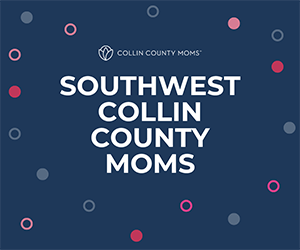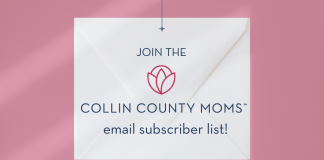
As Pride month is drawing to a close, you may be wondering how you can do more as an ally to the LGBTQ community. There is a lot more to the LGBTQ identity than Pride events and rainbow flags. As a member of the community myself, I wanted to share some things I’ve learned, experienced, and appreciated that help show you care.
- Show support. You may have many folks in your life who identify as LGBTQ. Some you may know about, some you may not. Showing your support can be done in a variety of ways – displaying a Pride Flag at your desk or on your car. I have one on my laptop. You can also attend a Pride or other public LGBTQ event. Additionally, you can support LGBTQ-owned restaurants and other businesses in your area, and encourage friends and family to do the same.
- Listen. Your friends and family members who are a part of the LGBTQ community may have a lot to tell you. Or they may not. Ask them how they’re doing – like you would any friend or relative. Listen to their stories and learn about their experiences. Ask if there is any way you can help them. If someone tells you they have new pronouns – such as going by he or they instead of she – work to use them. It’s one of many ways you can show you’re hearing what your loved ones are telling you.
- Learn about the different sexual and gender identities. You may have friends who identify as gay or lesbian, non-binary, pansexual, or gender fluid. There are a lot of terms out there, and being familiar with them is a way to show you care about those who identify as a member of these groups. A good resource for learning about many of the different gender and sexuality terms is The Trevor Project.
- Take a stand. One of the most difficult things as a member of the LGBTQ community is when someone treats my sexuality as a joke or says something hurtful about the community. It’s also exhausting to feel as though I’m constantly defending my sexuality. Having an ally take a stand and speak up when they hear something that could hurt a member of the LGBTQ community shows support. This could be by saying something as simple as “that’s not okay,” or “I don’t find that funny.” These are to the point and and tell people you won’t tolerate hurtful jokes or remarks about people who identify as LGBTQ.
- Don’t judge. All of us make assumptions, even well-intentioned ones. It’s still hard for an LBGTQ-identifying person to come out and be out in a public way. As you take a stand and learn more about the LGBTQ community, try not to judge. It takes courage for someone to share their sexuality or gender identity – especially if they haven’t told many others.. I love when someone responds to me when I out myself to them with something that tells me they still see me as me – that they still love me as a person. I’ve had friends respond with everything from “that’s great, so tell me more” and others ask me what I want for dinner.
I’m still human – and so much more than my sexuality! What else would you recommend for ways to support this community?













